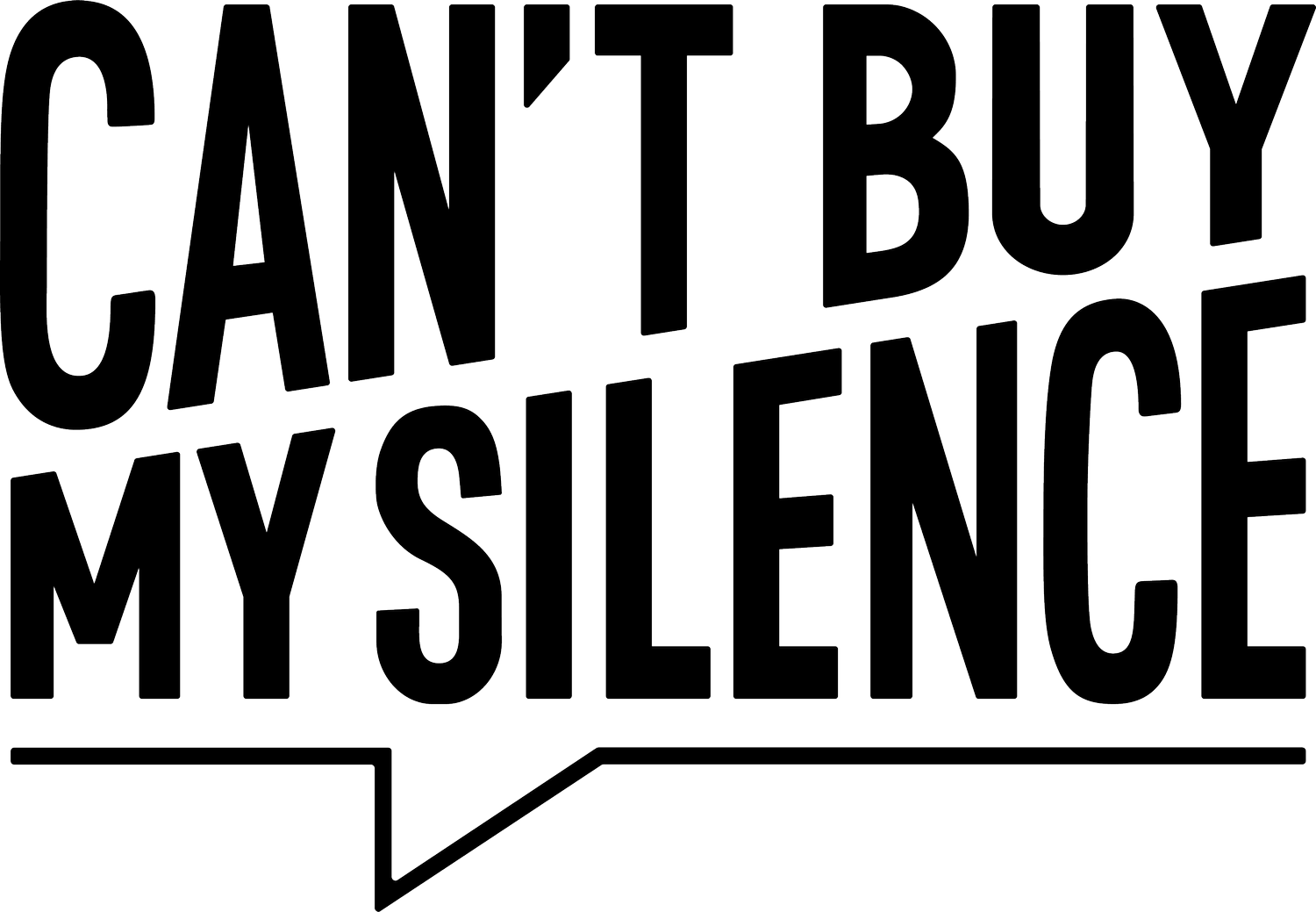STORY 54
As the first Black female hired during my organisation’s lengthy history, I complained very vocally about the treatment of Black and Brown employees working in front-of-house roles. In my own experience, my team leader extended my probation because she said my “face didn’t fit the organisation” and I was “aggressive and intimidating.” However, they failed to give me concrete examples of instances where I displayed this behaviour or how I could improve. I calmly tried to explain that this is something that Black women in the workforce are unjustly accused of frequently. I sent her links to academic studies supporting what I said and asked her to discuss this with her. Instead, my team leader accused me of playing “the race card” and told me she had numerous black friends.
I witnessed other managers complaining loudly that they had to change the schedule to accommodate a Muslim colleague’s prayer time.
Another manager told me that I would not be receiving a top hat because my head shape was “too awkward” because of my curly afro hair. When I went to get fitted for the top hat, the hat maker kept making comments about how big my hair was and asked me to make it flatter. I felt like I had to comply and joke along with him because I had already been tarred with the reputation of being “the difficult Black woman.”
Many other White employees would mock a Jamaican manager behind his back endlessly. They would make comments saying that he only obtained his position in management because he received a settlement years earlier for complaining about racism. As a result, he was not respected in the organisation. Many people in the front-of-house team, including managers, called him “intimidating” for simply making a request or doing his job. In addition, many employees often mocked his Jamaican accent in a derogatory way. During a morning briefing, I also witnessed a senior staff member referring to some visitors as coming from “bongo bongo land.”
I was a member of a union that helped me lodge an employment tribunal claim. The union lawyers explained that the organisation was prepared to offer me a settlement with a “confidentiality agreement” during the conciliation phase. I had no idea that potentially this agreement would prevent me from speaking to anyone about the racism I witnessed for the rest of my life. The lawyers with the union were more concerned with bringing the negotiations to a swift conclusion. I had one fifteen-minute phone call with one of the union’s lawyers about my case.
She tried to talk me through some negotiating tactics to get more compensation and bring the negotiations to a swift conclusion. No one in the entire process of conciliation ever once mentioned to me the long-term implications of signing an NDA on my life. I mistakenly thought that a “confidentially clause” was something entirely different from a “non-disclosure” agreement. It was only after I signed that I learned, through my research, that they are essentially the same thing legally. If the term “NDA” had appeared in my settlement agreement, I would not have signed it.
There wasn’t an official timeline, but lawyers made me feel pressured to wrap up the negotiations as quickly as possible. Neither side wanted my case to go to trial. I think everything was concluded within about a week and a half.
When I reflect on signing my NDA, what strikes me the most is how accepted and widespread the practice was in the organisation I worked for. The organisation is a charity which manages some important sites. The working culture there was highly cynical. Anyone who complained about the toxic work culture and racism was labelled “a troublemaker” who would ultimately get a payout.
In all honesty, my mental health suffered greatly after I signed the NDA. It was only after I started researching the long-term implications of a “confidentiality clause” that I realised just what I had given up.
As a Black woman, I had relinquished the right to speak my truth; to reach out to and support other Black employees who were experiencing the same racist treatment that I faced. I took an overdose of citalopram after I signed the NDA. After that, the world felt like a darker and more cynical place. This agreement makes me feel powerless and small to this day.
When I look at posters advertising where I used to work, I feel a sharp pain in my chest, using images of a little Black boy admiring the site.
I cannot fathom how it is legal in the UK for a charity to use NDAs to silence the victims of racial discrimination and bullying. When the public donates to a charity, they probably don’t imagine their donations going towards these secret settlements.
